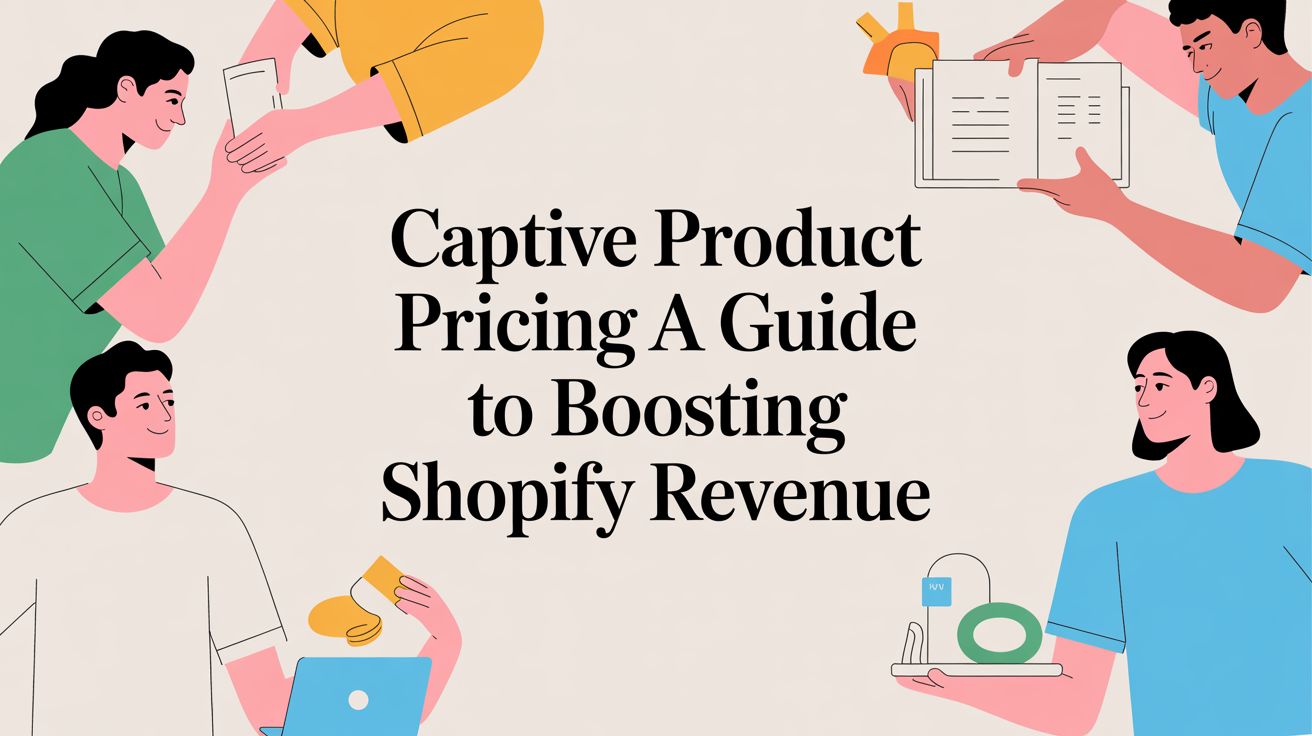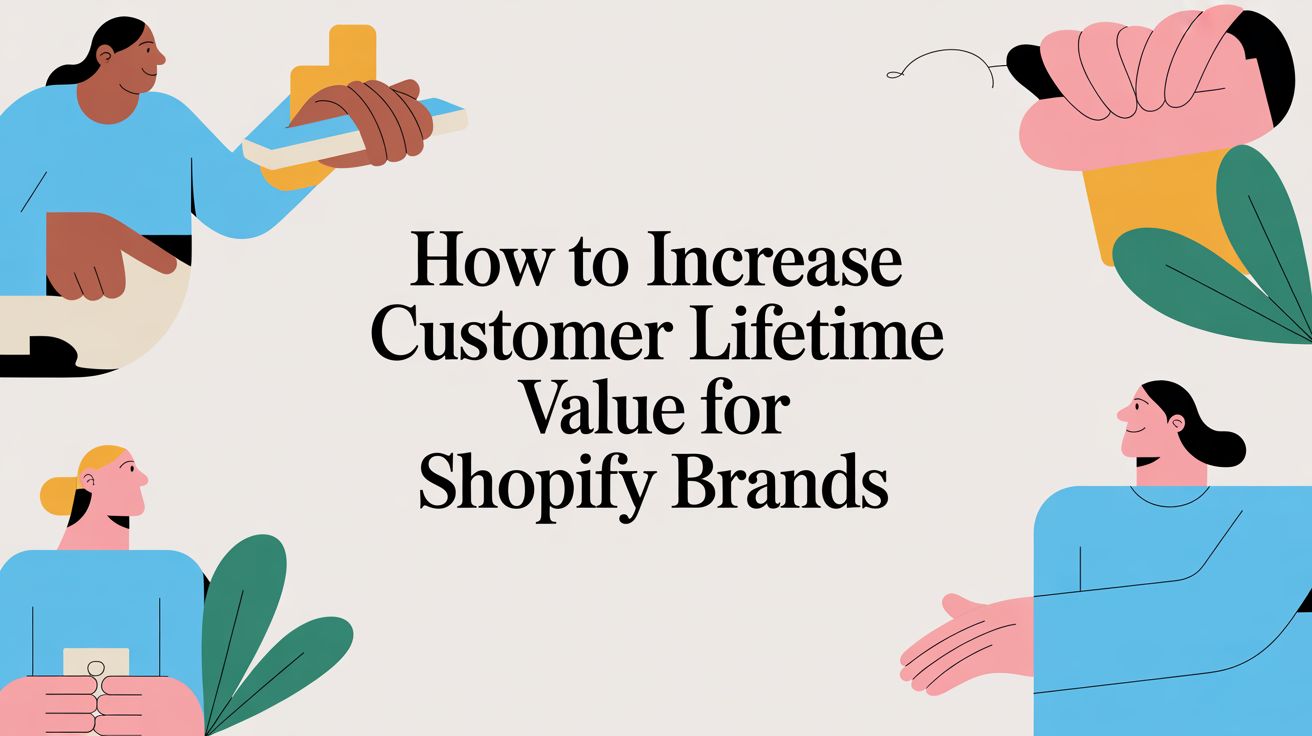
Emotions in brand marketing: How to drive purchases in the digital age

If you were to ask us why we’re such proponents of marketing psychology, you can almost certainly bet that we’d begin listing off all the benefits that come with this marketing tool. The most multifaceted benefit to date? Emotional connectivity.
In each marketing psychology principle, you’ll find a corresponding emotion that drives human behavior. In some cases, that emotion is so powerful it influences consumers to make a purchase or support a brand.
We wanted to know just how much power emotion has over our purchasing decisions so we reached out to Bernadette Butler, CEO & Co-founder of Storytap, a video platform that taps into real people’s stories to grow your business, to discuss the power of authentic emotion and the digital age.
Here’s how our conversation went:
Emotion drives decisions
“The number one thing that motivates purchase decisions most is emotion, but not just emotion, emotion from people like them. There has to be relevancy,” said Butler. “The baseline is when you’re dealing with projected emotion and receiving emotion, the quickest way is through empathy. You see yourself in a story and you say, ‘wow that’s me too’ and you can filter that by people in your neighborhood, people that look like you, people that sound like you, any number of segmentation where you repeatedly see people that feel familiar to you, you’re going to feel very confident to follow suit."
Remember how we said emotion could be found in each marketing psychology principle? In the case of emotional empathy, social proof is today’s shining star.
Social proof is the idea that humans are much more likely to follow the lead of someone familiar, or as Butler puts it, someone who looks like them.
“If I’m about to make a purchasing decision I’m not going to be influenced by a 60-year-old guy in Florida, I’m just not. I’m going to look for someone who looks like me,” explained Butler, who says there’s a lot of different layers to emotion and social proof that have to be considered in marketing. “This man could be very empathic and tell a story, but I’m just not going to believe, fundamentally, that he’s lived the same life that I’ve lived to make the same purchasing decision that I need to make.”
Not only do marketers have to consider the emotional impact representation has on a consumer’s purchasing decisions, but they must also consider what story they want their product to tell and how that story will make consumers feel.
“What is the story that’s going to evoke an emotion? Let’s say the story is about a recipe with peanut butter; what we’re trying to do is not only ignite this emotion of ‘it’s Christmastime, I’m baking, I see myself in other people who are also baking for the holiday, I want to be a good mom and bake this traditional dish with peanut butter,’ but the ladder eventually goes down to buying the product from X brand to then fulfill this incredible emotional desire to be a good mother.”
As with many things in marketing psychology, the emotions, and the channels through which they are produced, often overlap. When an emotion is displayed by someone who your consumers feel like they can relate to, there’s a higher chance you’ll make a sale and gain more insight on your base in the process.
“It is so critical to get emotion right. As marketers we’ve all gotten it wrong [at some point] — it's fallen flat, it didn’t resonate, but if you go into this bottom-up approach the data will tell you how like-minded people are influencing others, [and] you will lean into that and optimize for that,” said Butler. “There is no decision without emotion, [shopping] is always emotional whether a brand tells you it is or whether it’s the purchaser creating a want or desire. If marketers can move away from manufacturing what they think an experience is based on a focus group and actually go out to their customers, what will come of that will be wonderful insight that can really transform a brand. You can’t sell without it, — emotion is a currency all in itself.”
Aside from evoking positive feelings in consumers that drive revenue and retention, Butler says incorporating authentic emotion can also help you minimize one potential outcome: risk.
“If you don't see yourself, quickly, in a story that resonates with you, whether it’s in a physical shopping experience or online, then that becomes risky," said Butler. "You’re going to say, ‘ahhh, I’m going first in this experience for someone who looks like me, I don’t know if this is going to suit my needs, I don’t know if the other people who’ve bought this have the same level or expectation that I have or I’m going to be throwing my money away and returning this product."
Emotions will be more critical in the digital age of marketing
You’ve had to get quite savvy in recent years with the introduction of social media marketing, consumer empowerment and other recent developments in marketing that came as a result of the digital revolution. While your efforts don’t go unnoticed, they won’t be stopping anytime soon.
Butler says in the coming months and years, you’ll only be expected to know even more to best serve your customers.
“As we move into this new digital age marketers have to get a lot smarter and realize that it’s not about just telling consumers what their brand is, they have to lean heavily into authentic emotion, firing that across the bow, learning from it, cross-correcting, and letting the data do the talking.”
Her suggestion? Give video a try.
“With video, what we find at scale is that with text people can be anonymous and troll-like, but with video you can see articulate people telling their truth and there’s an option to learn and adapt and be able to better service that segment [of people]. The goal is positivity and you can’t really trick people into telling their truth — you can see it if they’re being genuine.”
We’ve talked about the importance of trust before and how humans are much more likely to trust others humans over brands. This isn’t anything to be afraid of in the digital age. You can even use it to your advantage with user-generated content like review videos and social media posts.
“Once upon a time marketers had to manufacture an experience by producing ads and trying to recreate the magic on screen, in print, or on a home board to try and trigger this emotional reaction to buy, but that’s a push strategy and where marketers need to be in 2022 is the pull,” said Butler. “So they really need to think about how they leverage their own customers and their own employees to help them tell stories that are going to resonate. It’s really bottom up versus top down.”
Offering a real, authentic experience that’s going to promote positive emotions is going to be tricky. And if we’re being honest, it won’t happen every time, but the learning process will create a much more informed brand, who knows more about their customers in the end.
“All brands can’t be all things to all people, but if the task at hand in 2022 is to replicate that magical experience that once happened in the store level where you walked in and you saw people that looked like you shopping in the aisle, grabbing the products, trying them on or you yourself touching a product and having a connection with it and looking at it and trying it on —if that can be recreated in a digital sense, you’re going to get so much closer to higher adoption and conversion,” said Butler. “The flip side is that if you’re in a store and try it on and go, ‘oh, I just feel so fat in this, the seam is wrong,’ the pressure is put back on the brands to get it right for the segments that they want.”
How can you replicate that store level experience? Insight.
"Marketers need insight. It’s what’s going to help them craft a really powerful emotional experience from a marketing perspective. You need to know how people are using your products or adapting to your services [to best market to them]. Knowing that is gold,” said Butler.“Being smart with technology and really leaning into technology and psychology and listening and watching will really help marketers have a good shot at [satisfying customers emotions] in 2022.”
Emotions are everything when it comes to formulating a successful marketing campaign. Understanding how to speak to your consumers' emotions in ways that resonate with them and work well in the digital age will be a defining factor in the success of your business.

Lindsay Keener is a brand journalist for Quikly. She covers stories that help to inform and educate consumer-facing marketers.

